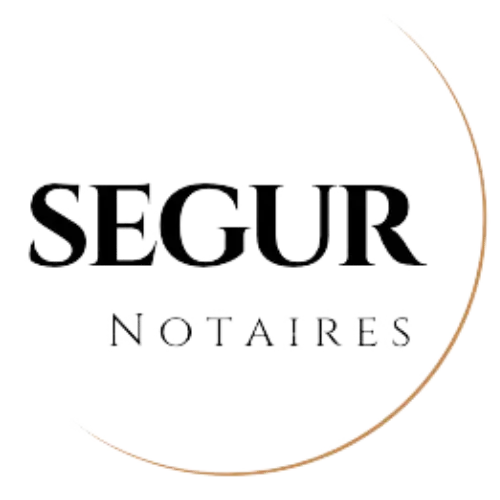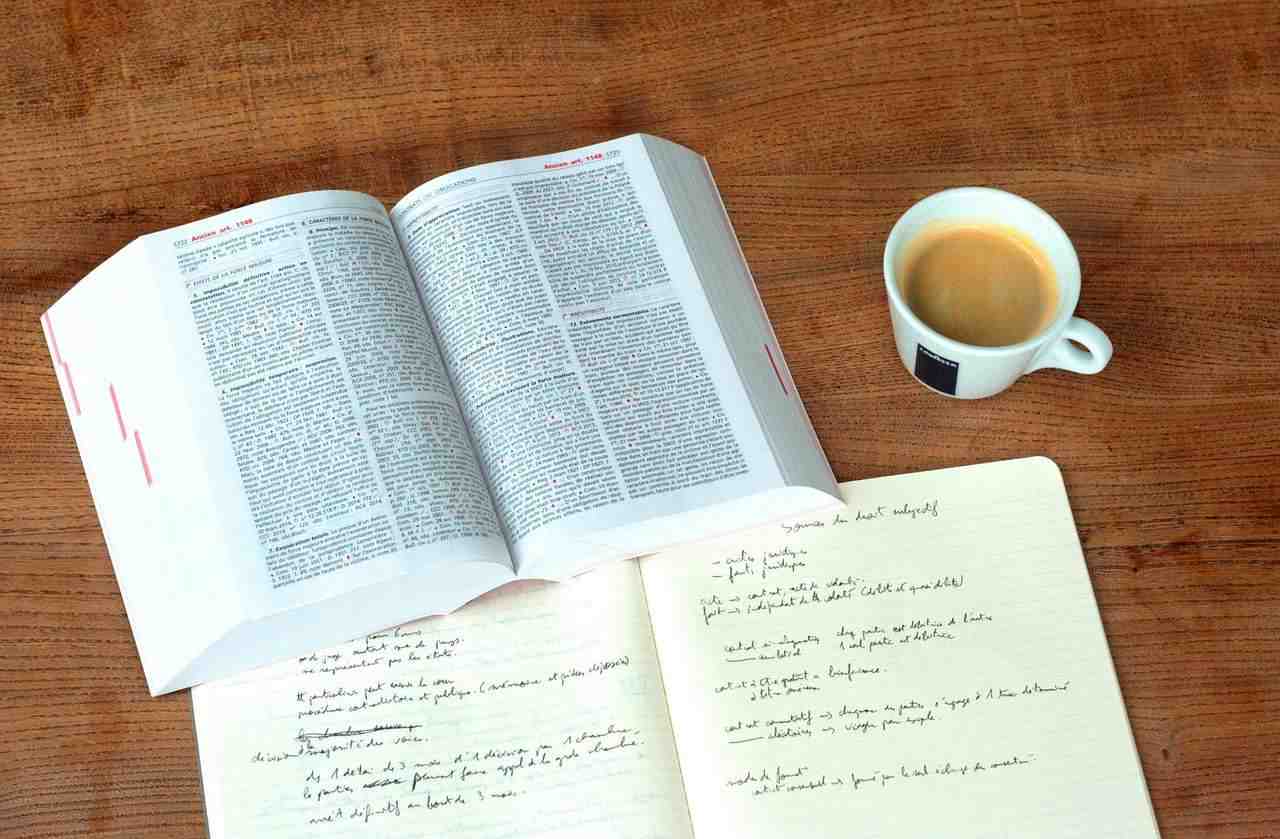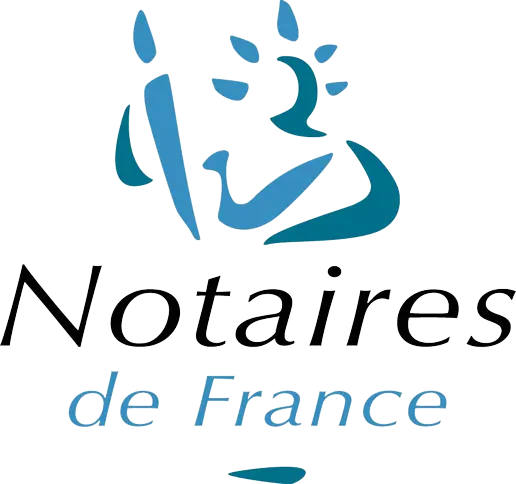A gift is the act by which a person transmits some of his or her property during his or her lifetime. In many cases, it’s the best way for individuals to avoid significant costs when passing on to another person. Indeed, by studying with your notary the different existing techniques, you can make substantial savings. Here are three ways to reduce the cost of a donation.
The donation with usufruct reserve
When donating a property, the donor can give the bare ownership while keeping the usufruct. This is called dismemberment of ownership: the donator can continue to dispose of the property and receive income from it. However, he cannot sell it without the agreement of the bare owner.
The advantage of this technique is that the rights to be paid, on this occasion, will relate only to a part of the value of the property (the bare ownership). Moreover, the beneficiary of the donation will recover the usufruct at the death of the donor, without having to pay any additional duty.
At the time of the donation, the taxation of the bare ownership will be more or less high depending on the age of the donor:
Let’s take an example to illustrate: Denis, aged 64, gives his goddaughter Camille a home worth 200,000 euros. 60% of 200,000 = 120,000. Camille will therefore be taxed on 120,000 euros, instead of 200,000, which corresponds to the value of the bare ownership.
Family donation of a sum of money
When a gift is made from one family member to another, an exemption is granted up to a limit of 31,865 euros every 15 years. This applies whether the donation is made in cash, by bank transfer or by check. The only conditions are that the donor is less than 80 years old, and that the donee is of age (or emancipated).
Children, grandchildren and great-grandchildren are concerned by this exemption. If there are no descendants, it is possible to benefit nephews and nieces and, in the event of their death, grand-nephews and grand-nieces.
In addition, the gift must be declared to the tax authorities within one month of its transmission in order to benefit from this exemption.
With this technique, a child can receive 63 730 euros from both parents every 15 years. From his grandparents, the same calculation can be made (4 x 31,865 = 127,460) to know the amount he can receive without taxation every 15 years.
Finally, this exemption can be cumulated with the allowances granted according to the relationship. The website impots.gouv.fr presents a summary of this type of allowance.
Does all this seem a bit obscure? If you feel the need to talk to a professional to better understand your situation, Me Laidet is at your disposal.
Payment of duties by the donor
In the case of a donation, it is usually the donee who pays the duties to the Treasury. He must pay them by check as soon as he receives the gift. However, nothing prevents the donor from paying them in his place, if he so wishes. This assumption of responsibility is accepted by the tax authorities and is not considered a new donation. It is therefore not taxable.
This is a particularly popular technique in the case of a gift of money, especially if the donee is an unrelated third party or a distant relative (who does not benefit from a tax allowance in the case of a gift).
Let’s take the example of a donation of 30 000 euros to a third party. The donee will normally have to pay 60% of the inheritance tax, i.e. 18,000 euros, and will therefore only really receive 12,000 euros. But if the donor decides to pay the costs himself, the donee will receive 30,000 x 1.6 = 18,750 euros, and the donor will pay the taxman 11,250 euros. For the donor, the money disbursed remains the same, but the donee will receive an additional 6750 euros.
You are now more aware of the deductions you can take advantage of when making a donation! If you have any questions or if you wish to carry out one of these operations to reduce the cost of a donation, contact the notary office of Virginie Laidet.






